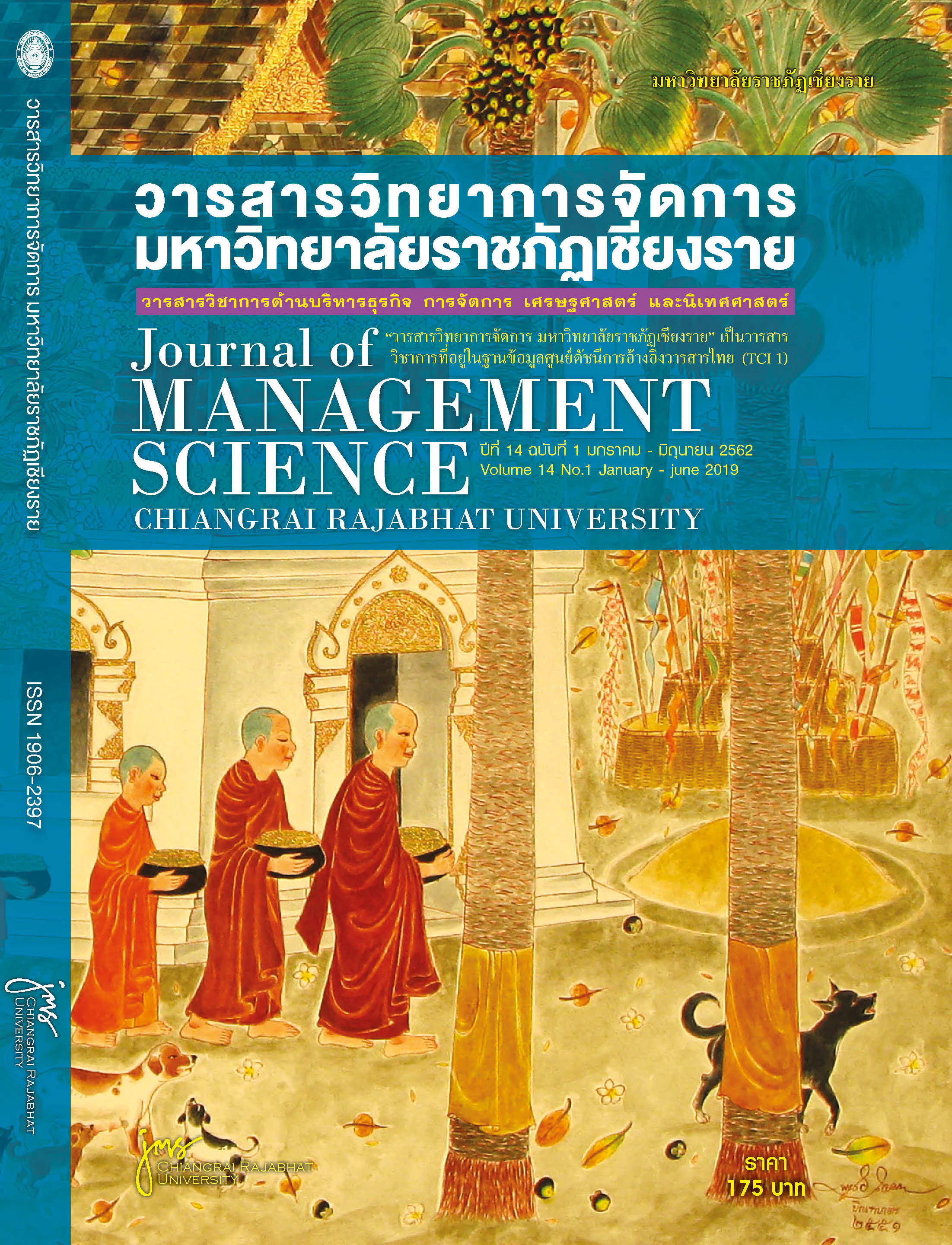A Development Project Of Ethical Practices Guideline On Broadcast Media
Main Article Content
Abstract
This research has as its objectives to develop an ethical practice guideline in news programs for mass media. The representatives from educational institutions, Mass media organizations / local media, Advertising Professional, Public relations, and marketing and civil society organizations comprised the research team and data collectors. The research tools included informal interviews, focus group, observation and the workshop. The research team conducted a synthesis of opinions and suggestions on dos and don’ts on news programs for broadcasting media. The ethical practice guideline such as the media must present the news with accurate information by carefully screening and scrutinizing before publishing to the public. The news is fair by placing it neutrally in all cases. Considering the principle of human rights. By honoring the news source. Respect human dignity Be careful of inappropriate audio and video presentations. The news program should offer news coverage for people with disabilities as well as local news.
Article Details
Views and opinions expressed in the journal do not necessarily reflect those of the editors.
References
Chudrakul, S. K. (2014). Information Seeking with Four Screen in Media Convergence. Journal of Management Science Chiangrai Rajabhat University Science. 9(2),141-156. (in Thai)
Manakit, P. (2013). A regulation policy on media content supervision under NBTC. Isra media review. 2(4), 73-85. (in Thai)
Office of the NBTC. (2012). Ethical and Regulatory Handbook. Bangkok: NBTC. Roonkaseam, N. et al. (2017). Developing a Code of Ethics and Practices for Media In broadcasting and television. Bangkok: PNRU. (in Thai)
Sueroj, K. (2011). Media ethics and code of ethics. In Principle of Radio and television. Bangkok: Thammasat University Press. (in Thai)
Suwanpong, B. (2014). “The convergence media code of ethics.” An ethics for young Journalists seminar held by NBCT & Communication Arts Program, Phranakhon Rajabhat University. July 16, 2014. (in Thai)
Treelayapewat, M. (2014). “The code of ethics for young Journalists.” An ethics for young Journalists seminar held by NBCT & Communication Arts Program, Phranakhon Rajabhat University. July 16, 2014. (in Thai)


